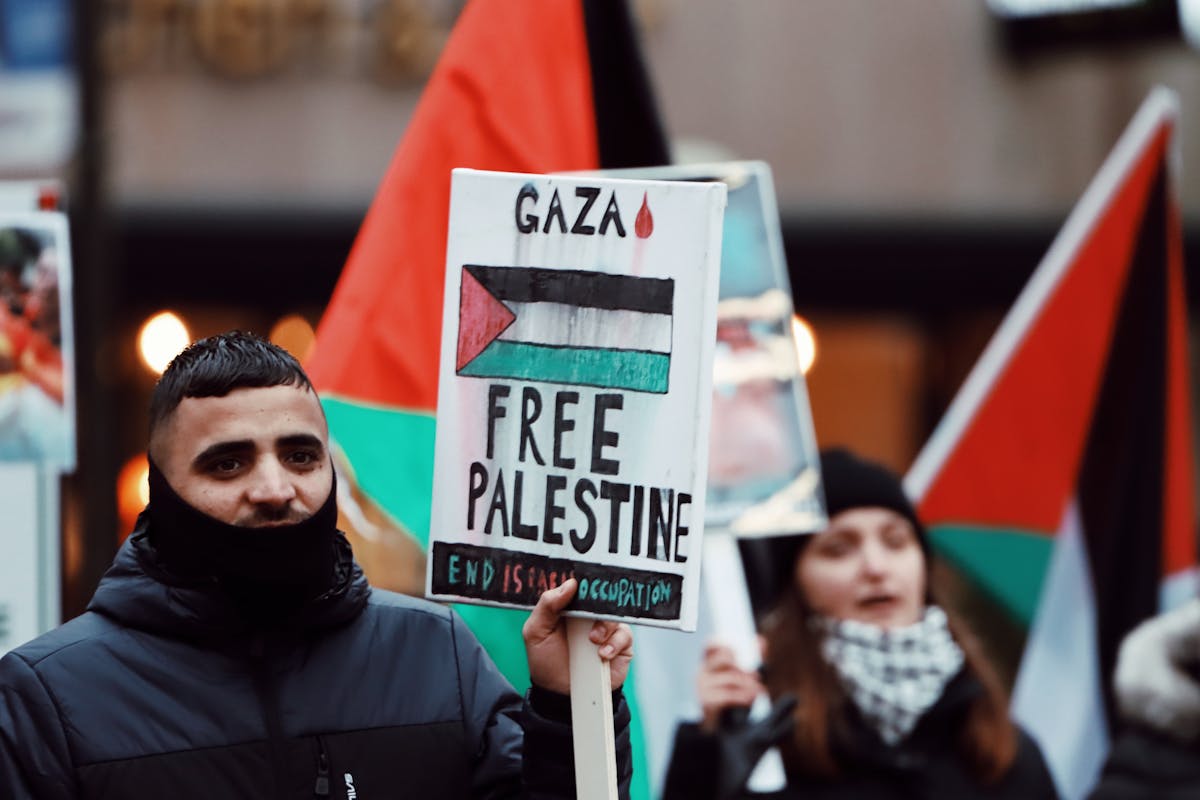The conflict in Gaza transcends a mere localized dispute; its consequences ripple throughout the Middle East, shaping political partnerships, economic approaches, security frameworks, and societal interactions across the area. When evaluating how the Gaza war affects Middle Eastern stability, it is crucial to examine its various aspects, all intertwined with past resentments, current power struggles, and the shifting agendas of both regional and international players.
Political Reverberations Across the Region
The Gaza war has led to a reassessment of diplomatic ties, both among Arab nations and between the Middle East and global powers. Traditionally, the Palestinian issue was a unifying cause for Arab countries. Nevertheless, in recent times, normalization pacts—like the Abraham Accords involving Israel, the United Arab Emirates, Bahrain, Morocco, and Sudan—seemed to divert focus from Palestine. The intensified conflict in Gaza challenged the resilience of these recently formed alliances.
For example, widespread public indignation in nations such as Jordan, Egypt, and Morocco exerted considerable pressure on their respective governments to take a more resolute position against Israel or to re-evaluate the character and extent of current agreements. Frequent high-level diplomatic engagements, urgent Arab League meetings, and continuous demands for a ceasefire highlight the persistent conflict between governmental practicality and popular advocacy.
Strengthening Non-Governmental Entities
The conflict has also empowered non-governmental entities, including Hezbollah in Lebanon and Houthi insurgents in Yemen. These organizations establish ideological and operational links with Palestinian groups, occasionally leading to border clashes or missile strikes. The risk of the situation escalating into a wider regional conflict grows as these players exploit the Gaza crisis to advance their specific objectives.
Security Implications: Dangers of Intensification
The conflict in Gaza often triggers cross-border hostilities. The launch of missiles from southern Lebanon, drone assaults from Yemen, and skirmishes along the border in the occupied Golan Heights underscore the fragile state of regional security. Significant global players, such as Iran, are instrumental, offering backing to Palestinian factions and their allied proxies in nearby nations.
This complex network of alliances increases the danger that regional conflicts might intensify into direct clashes between nations, especially if Israeli actions trigger retaliatory strikes or if Iranian interests are jeopardized. For instance, the deployment of US troops and naval exercises in the Eastern Mediterranean aims to both prevent escalation and safeguard strategic interests, underscoring the conflict’s capacity to involve outside parties.
The Gaza war has also affected the internal security environment of countries hosting significant Palestinian populations, notably Jordan and Lebanon. Large-scale protests sometimes devolve into civil unrest, exposing fissures in societal cohesion and challenging governments’ capacities to maintain order. Security concerns can necessitate curfews, border closures, and enhanced counterterrorism operations, all of which compound regional uncertainty.
Socio-Economic Consequences and Humanitarian Pressures
The humanitarian fallout from the Gaza conflict is stark, with thousands of casualties, widespread destruction, and mass displacement. Neighboring countries already burdened with waves of refugees from Syria, Iraq, and elsewhere face additional pressures as Gazans seek refuge or as cross-border aid efforts intensify. International agencies, such as the United Nations Relief and Works Agency (UNRWA), report severe strains on resources and logistics, prompting appeals for increased global support.
These humanitarian strains have the potential to destabilize vulnerable host populations, intensify the rivalry for employment and accommodation, and worsen anti-foreigner sentiment or conflicts over resources in border areas.
The conflict in Gaza impacts the wider regional economy through the disruption of trade pathways, discouraging foreign direct investment, and increasing risk premiums. The Eastern Mediterranean’s sea lanes, which are crucial for transporting goods, energy, and raw materials, are subject to interdiction threats and delays because of increased naval operations. The tourism sector, already vulnerable in numerous Middle Eastern countries, experiences further stagnation.
Moreover, energy markets react sensitively to the specter of expanded conflict, with oil prices spiking in response to perceived threats to Gulf shipping lanes or pipeline infrastructure. Countries dependent on inward remittances and commodity imports must adapt to fluctuating markets, which can inflame domestic economic grievances and political instability.
Ideological Polarization and Information Warfare
The Gaza war is not just fought on battlefields; its narratives are waged online and in media outlets, deepening ideological divides both within and between Middle Eastern societies. Competing accounts of the conflict, unverified footage, and propagandistic messaging fuel radicalization, impede reconciliation, and influence domestic politics. Governments grapple with balancing information control, free expression, and national security concerns, particularly as public sentiment shapes political discourse.
The Broader Strategic Balance
As the Gaza conflict progresses, it challenges the durability of current peace accords, reveals the vulnerability of normalization efforts, and forces regional players to continuously re-evaluate their security stances and partnerships. A state of tension remains between the desire for stability and the influence of historical, religious, and national stories. Consequently, the turmoil caused by the war in Gaza extends far beyond its immediate borders, confirming the lasting interdependence of the Middle East and highlighting the intricate relationship between localized aggression and broader strategic structures.
This analysis reveals that the trajectory of the Gaza war, and the response of regional and global actors, will continue to shape the pace and character of Middle Eastern stability for years to come.




